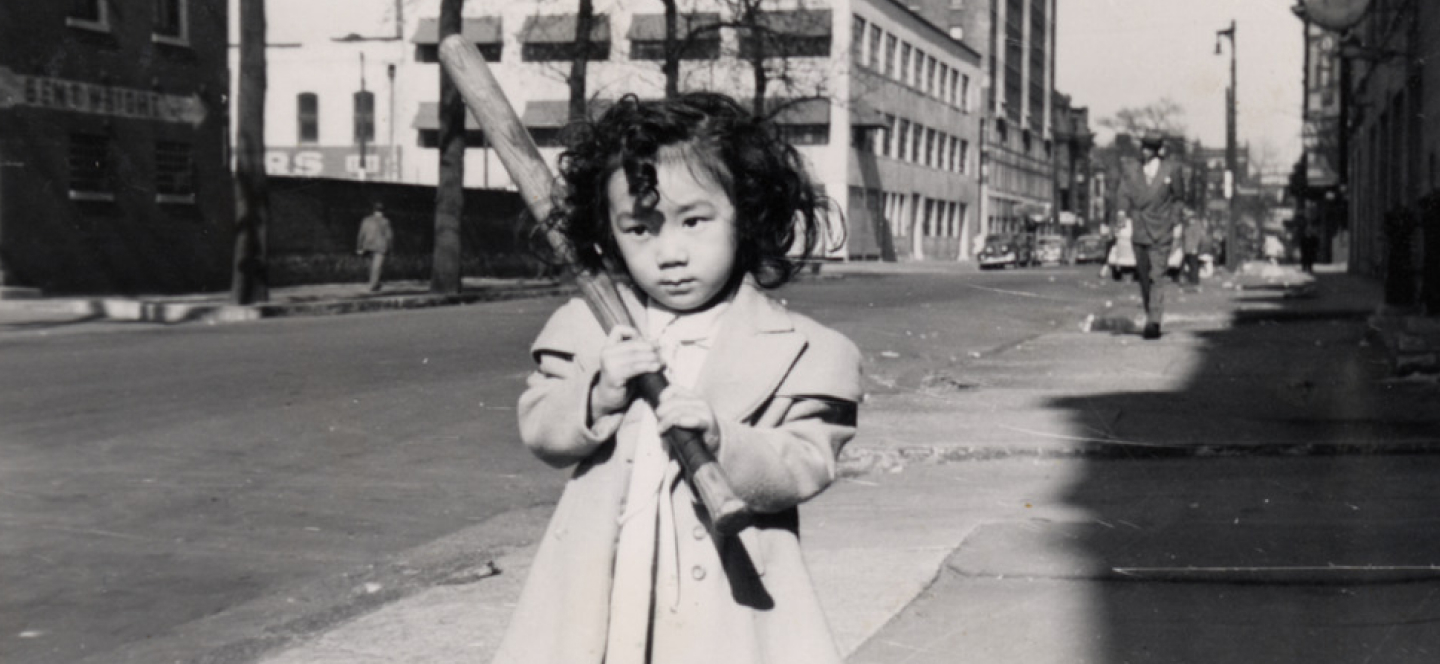All Posts
View Other Categories
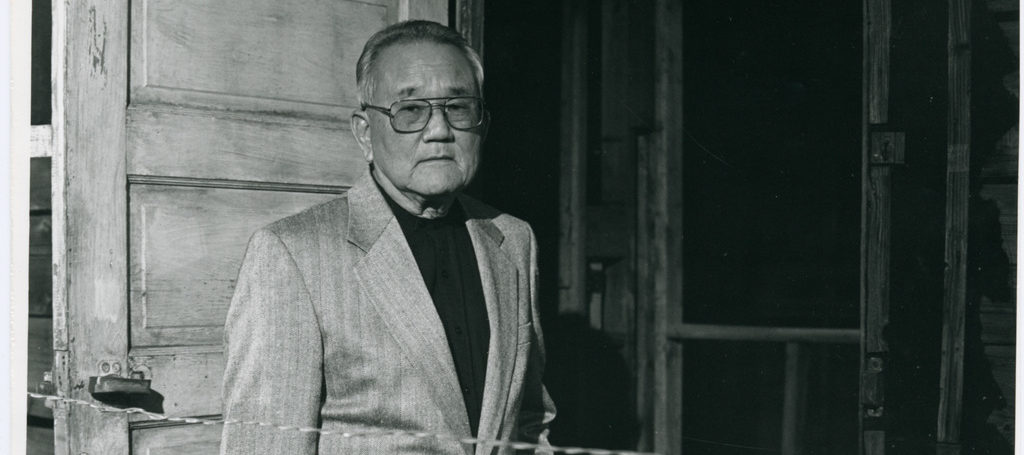
Book Review: Beyond the Betrayal
Yoshito “Yosh” Kuromiya is best known as one of the sixty-three men from Heart Mountain convicted in 1944 for refusing to report for induction in the largest mass trial in…
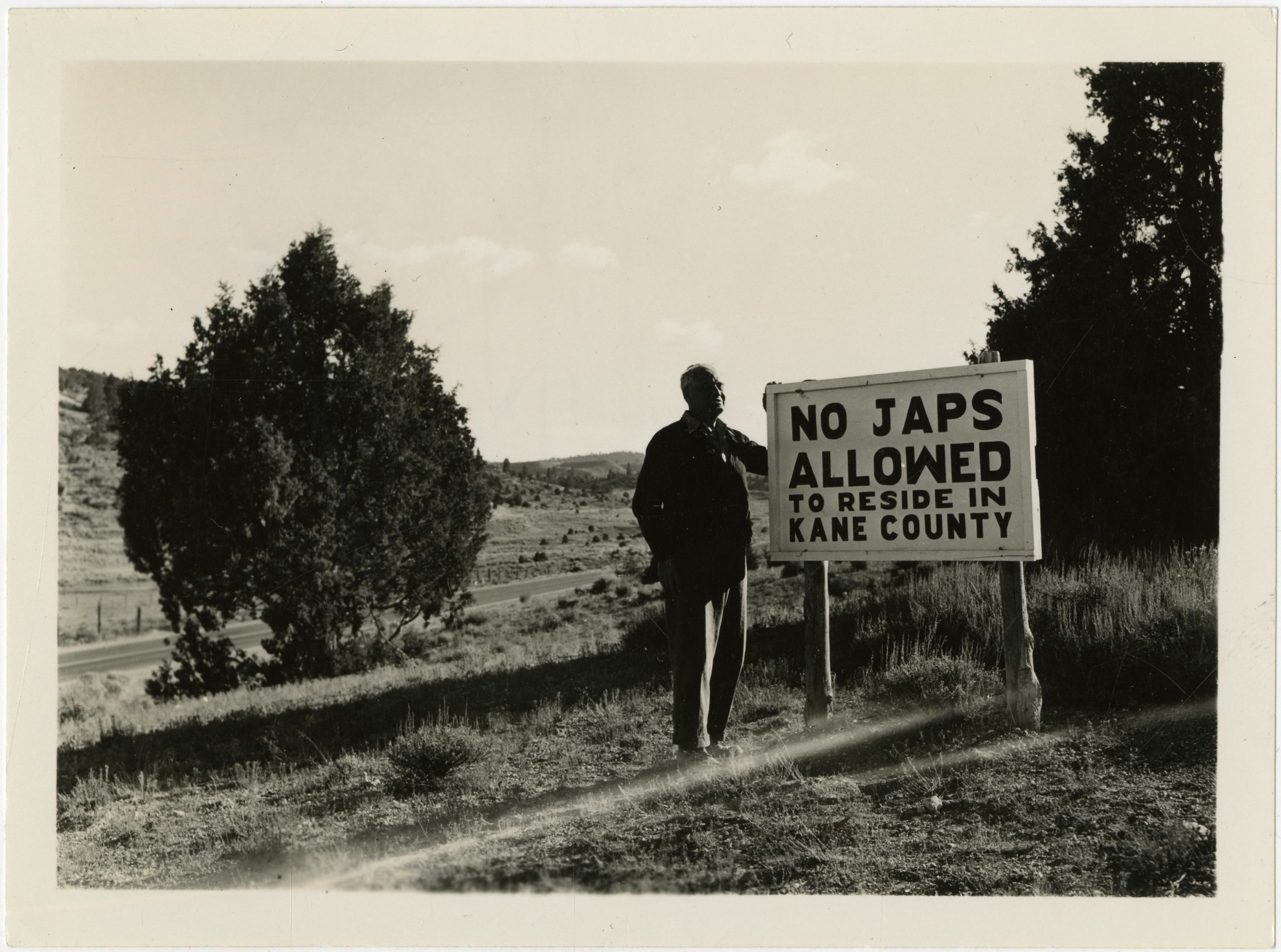
We Need Critical Race Theory in our Schools Now More Than Ever
Here at Densho we talk a lot about the importance of preserving the history of WWII Japanese American incarceration. But we are well aware that this one moment in history…
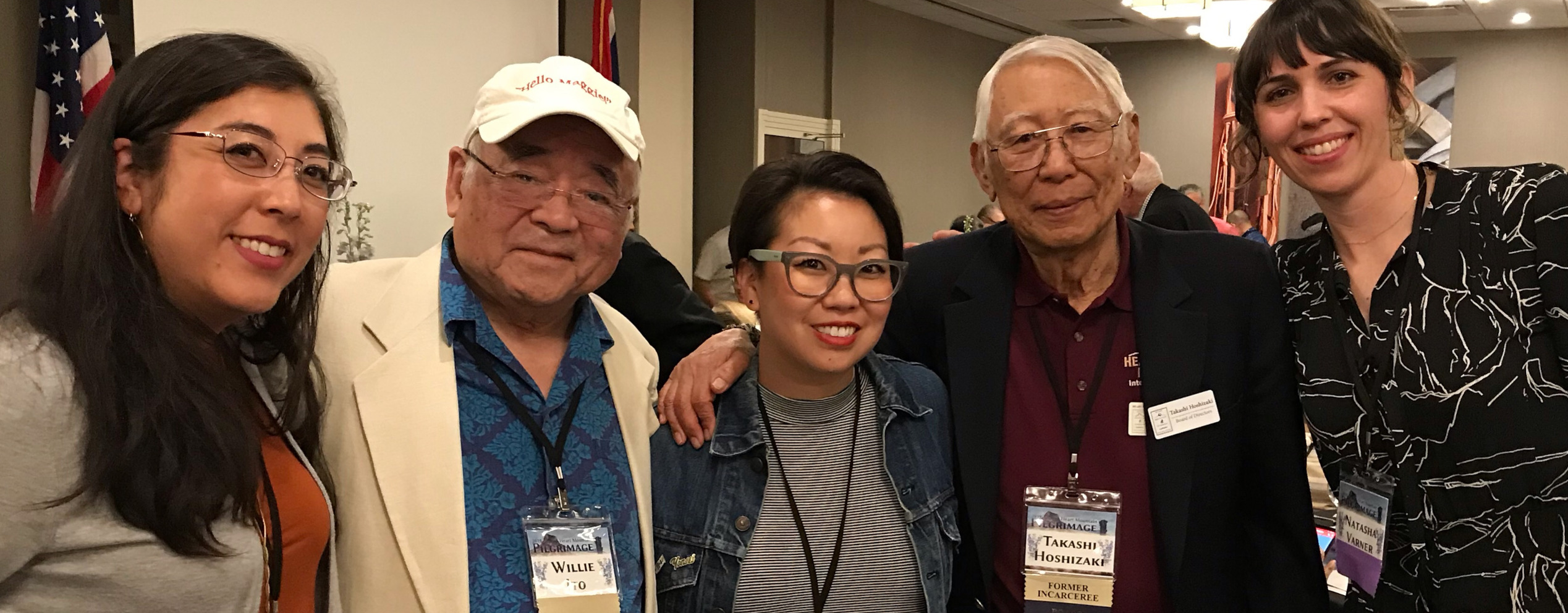
A New Chapter for Densho Fund Development Manager Danielle Higa
We’re sharing the bittersweet news that Densho Fund Development Manager Danielle Higa is taking on a new role as a Senior Associate at the Nonprofit Professionals Advisory Group. While we’re…
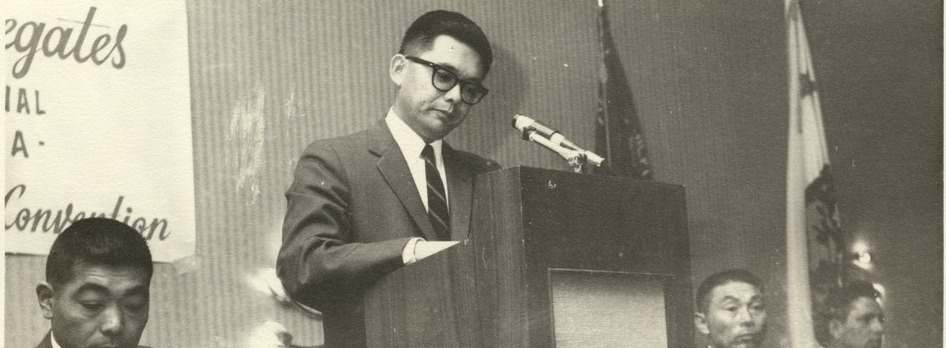
Remembering Norm Mineta
We mourn the passing of Secretary Norm Mineta. Densho Director Tom Ikeda remembers him for his impressive political career, as an important member of the Japanese American community, and as…
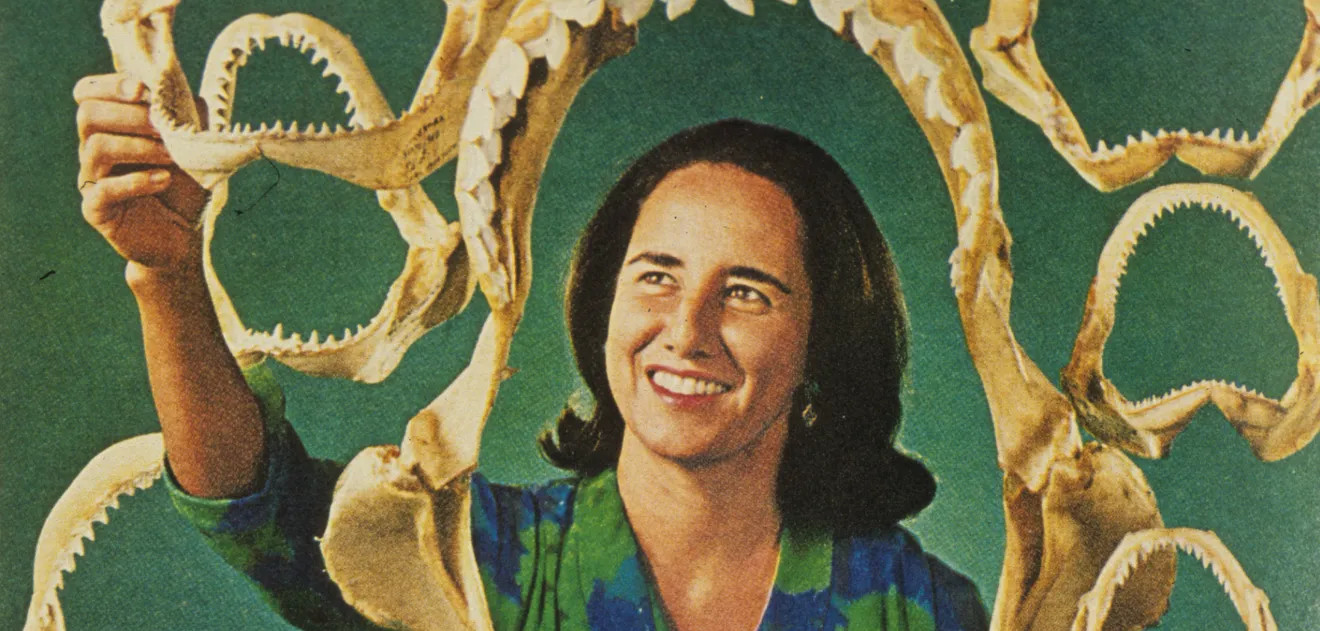
Eugenie Clark Swam with Sharks and Blazed a Path for Women in Science
Famed marine biologist Eugenie Clark, or “Genie” as she was known to friends and family, was born in New York City on May 4, 1922. Her father, Charles Clark, died…
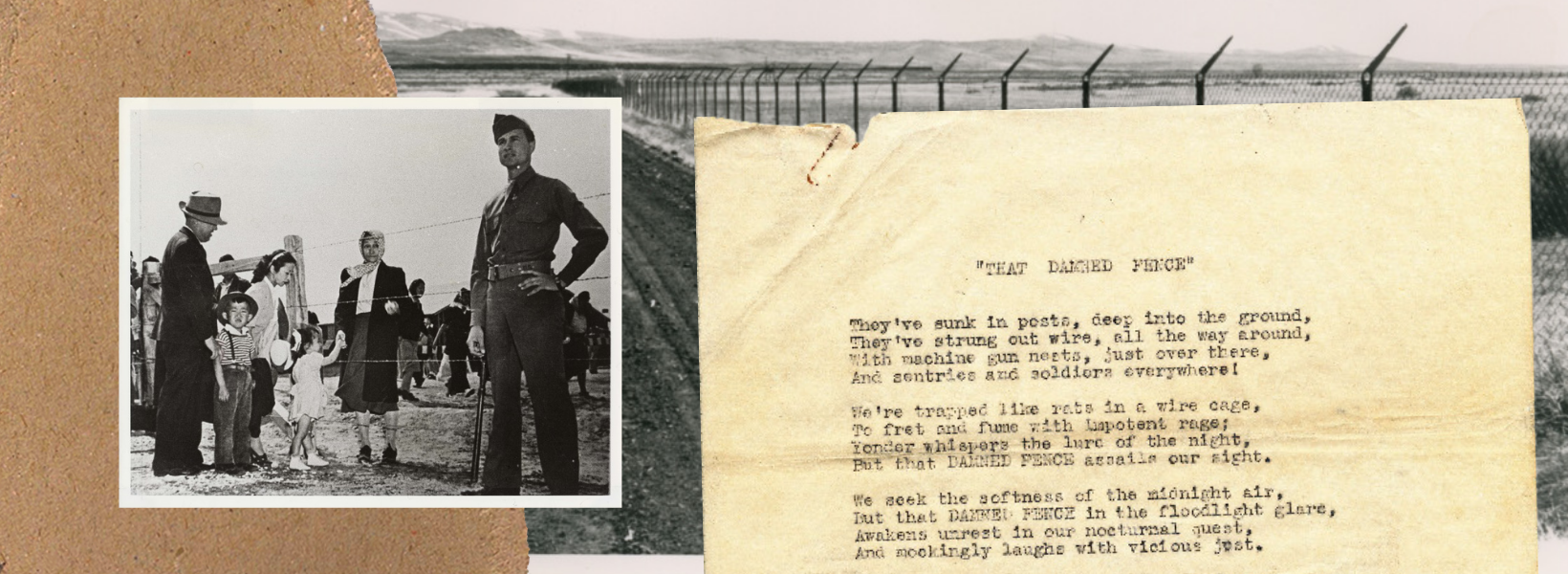
The Unsolvable Mystery of “That Damned Fence”
The barbed wire fence is an enduring symbol of the WWII incarceration of Japanese Americans. As Hana and Noah Maruyama point out in Episode Three of the Campu podcast, the…
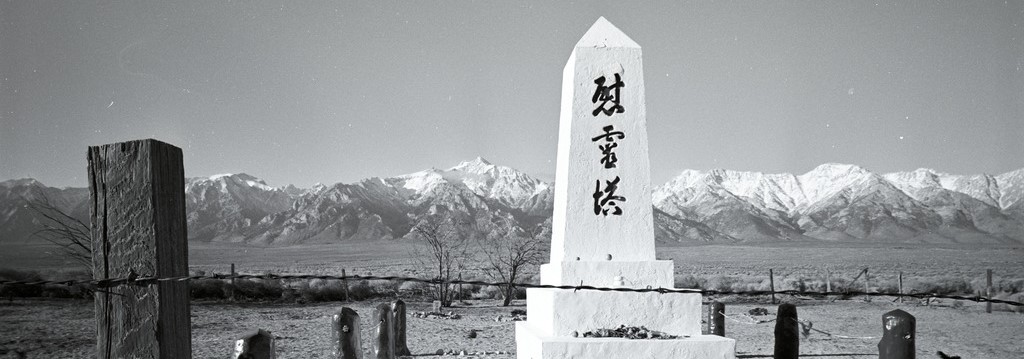
How Japanese Americans Fought to Make Sure We Never Forget Manzanar’s History
This National Park Week, we want to uplift the story of how Manzanar became the first of the US concentration camps where Japanese Americans were incarcerated during WWII to become…

Photo Essay: Japanese Peruvian Lives Before World War II
During World War II, the United States colluded with several Central and South American nations to imprison some 2,200 Japanese Latin Americans on US soil. The majority—nearly 1,800—were abducted from…

Japanese American Literature Traces Changing Relationships between Nikkei and African Americans Over Time
Co-authored by Brian Niiya and Greg Robinson In our many combined years of doing research on Japanese American history and literature, we each noted a striking fact with regard to…
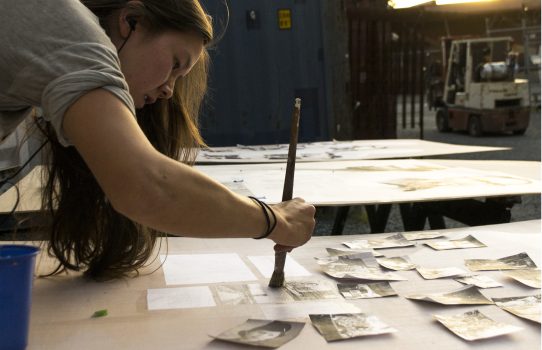
Densho 2022 Artist Residency Program: Call for Proposals
Densho’s 2022 artist program theme, Answering the Archive, pulls focus on the individual and collective responses that archival materials elicit, and on the actions they call upon us to take….
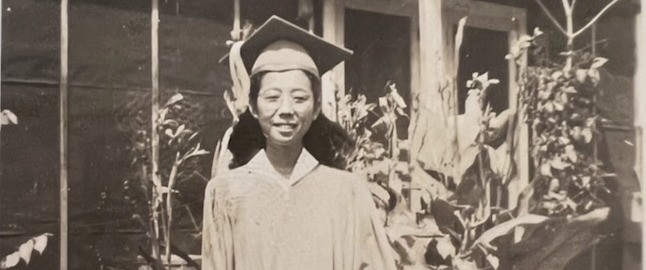
Lane Tomosumi Shigihara: “Vocal Young Woman”
In this final piece from our 2022 Women’s History Month writing challenge, gosei poet Lane Tomosumi Shigihara shares a haiku inspired by his grandmother’s courage in standing up for her…
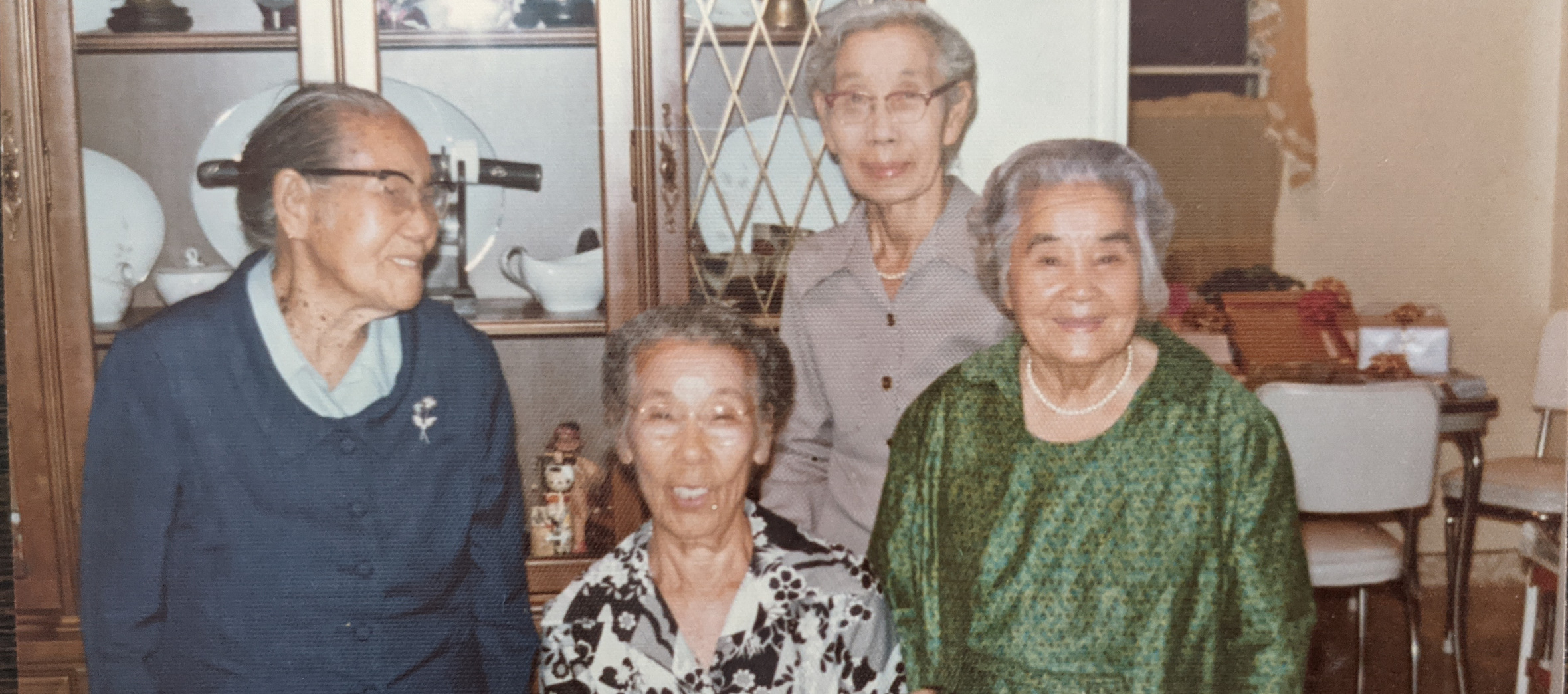
Patricia Wakida: “Four Suns, These Issei Women”
The latest addition to our Women’s History Month writing challenge comes from yonsei artist, writer and community historian Patricia Wakida, who shares a photo from her great-grandmother’s 88th birthday and…

Tell Congress to Pass the Japanese American Confinement Education Act
Over the past fifteen years, the Japanese American Confinement Sites (JACS) federal grant program has funded 268 projects increasing public knowledge about Japanese American WWII incarceration. But that funding is…

Karen L. Ishizuka: “Why, Oh Archive?”
Karen L. Ishizuka is a writer and chief curator of the Japanese American National Museum. In response to our Women’s History Month writing challenge—in which we ask writers to share…

We’re Looking for Our Next Executive Director—and We Need Your Help!
We are excited to announce that Densho has officially launched the search for our new Executive Director. You can view the full position profile here.
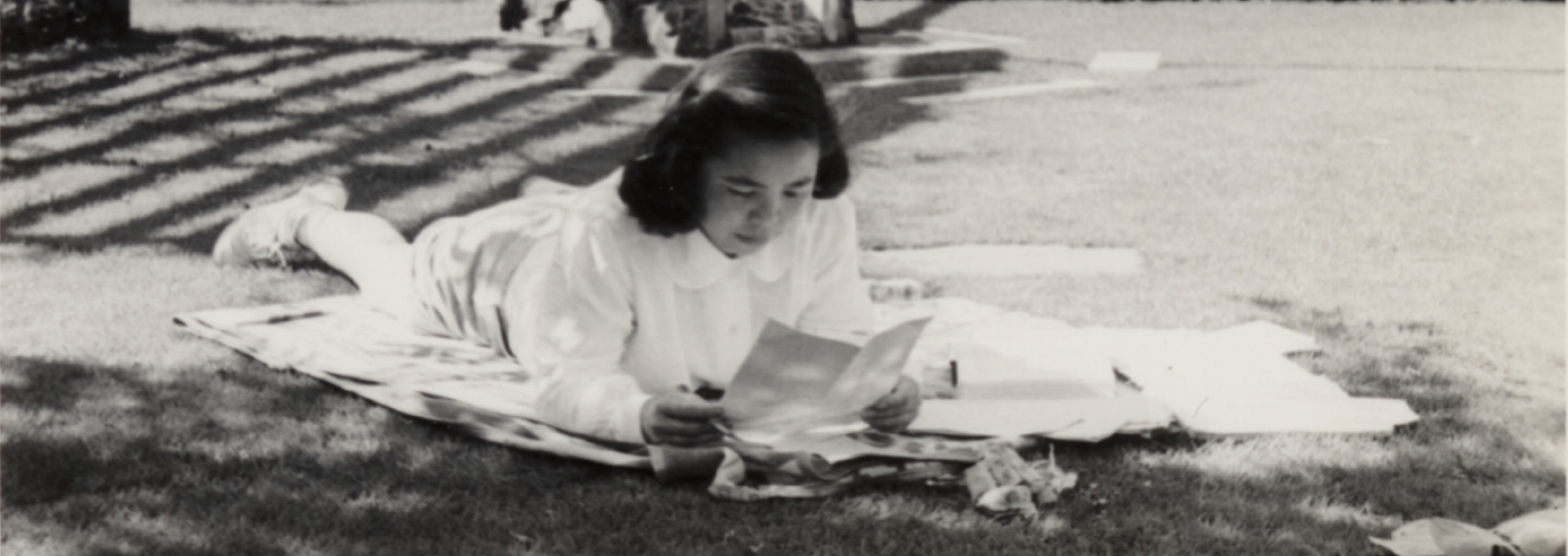
Nine Nikkei Women Writers You Need to be Reading Right Now
We asked writers, teachers, artists, and activists to help curate a special Women’s History Month reading list featuring books by Nikkei women authors. They came up with a phenomenal list…
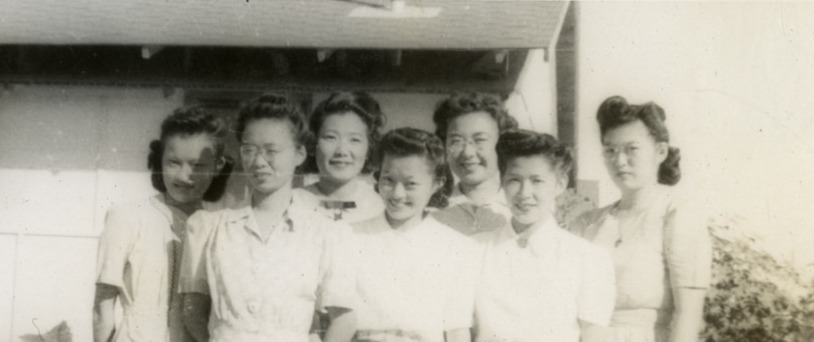
Brynn Saito: “What exists outside the frame”
Brynn Saito is a Korean American and Japanese American poet, educator, and organizer, born and raised in Fresno, California. In response to our Women’s History Month call for writers to…
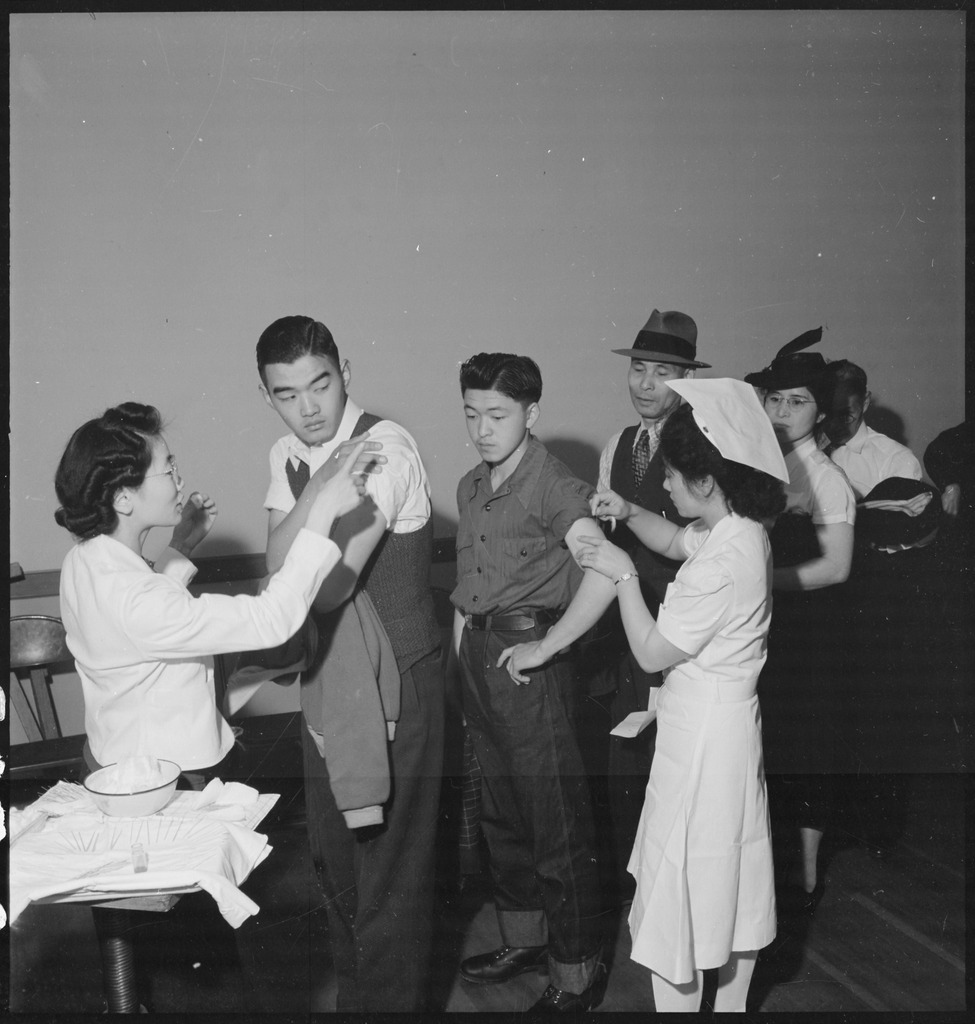
Ask a Historian: Did Japanese Americans Have Access to Vaccines in WWII Incarceration Camps?
Densho Content Director Brian Niiya answers a question about vaccination efforts in WWII concentration camps from a survivor who experienced them firsthand. Junko Mizuta writes: With the vaccine mandates being…
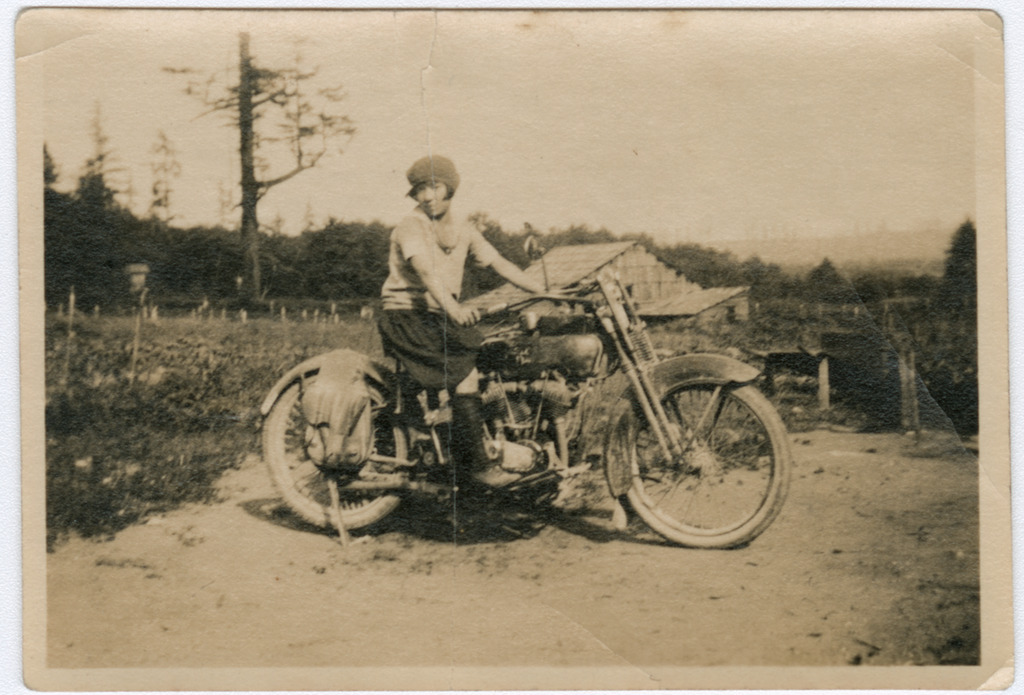
Nikiko Masumoto: “How to Wonder”
This Women’s History Month, we asked writers to submit short responses to photographs of women in the Densho archives or in their own family collections. Today’s submission comes from Nikiko…

Explore the Memory Net Remembrance Project
Last month we joined our community in a flurry of Day of Remembrance events to mark the 80th anniversary of Executive Order 9066. After some thought-provoking discussions about why this…
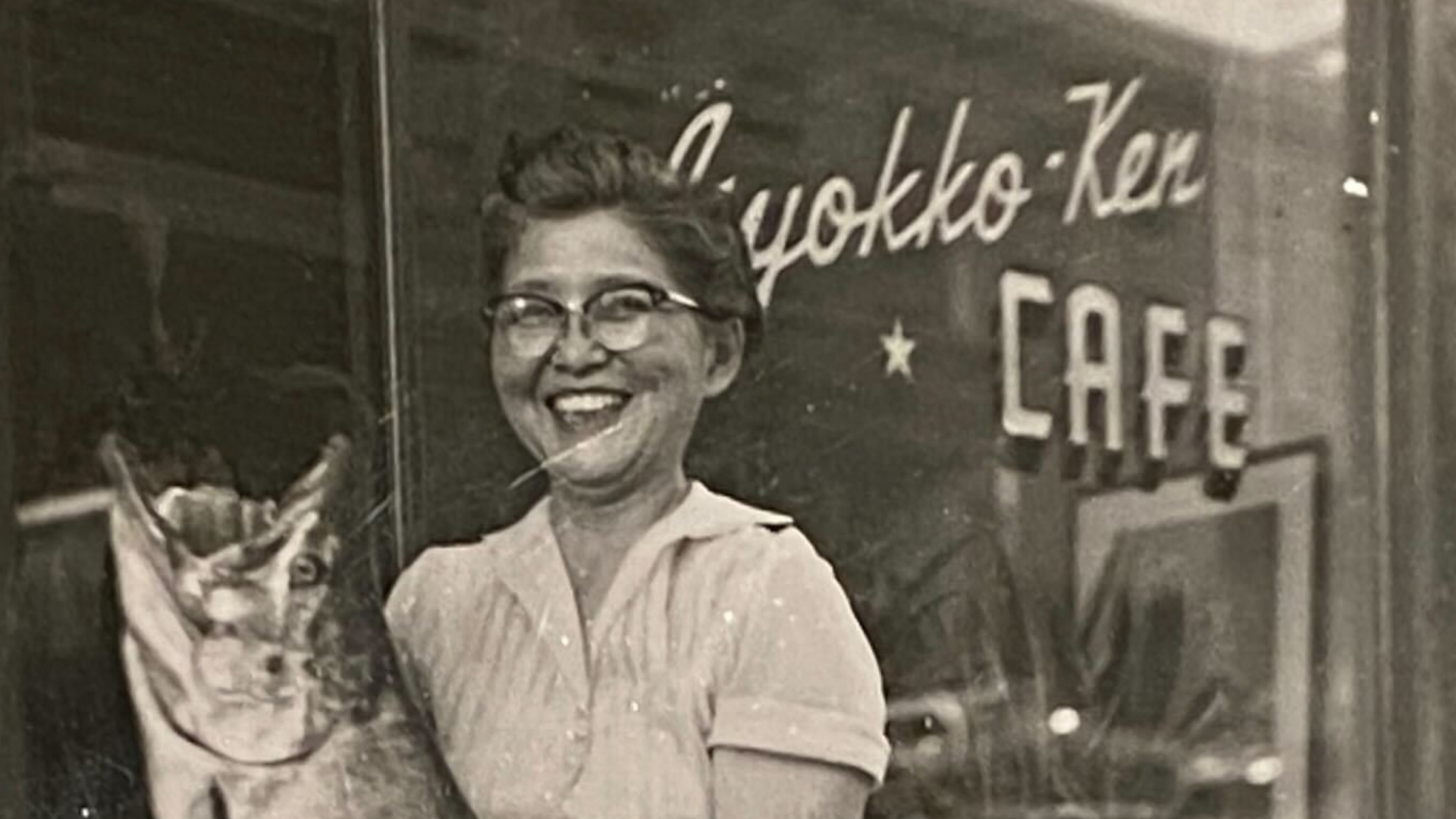
Lauren Ito: “Arrival As We”
To celebrate Women’s History Month this year, we invited a select group of writers to submit short responses to photographs of women in the Densho archives or in their own…
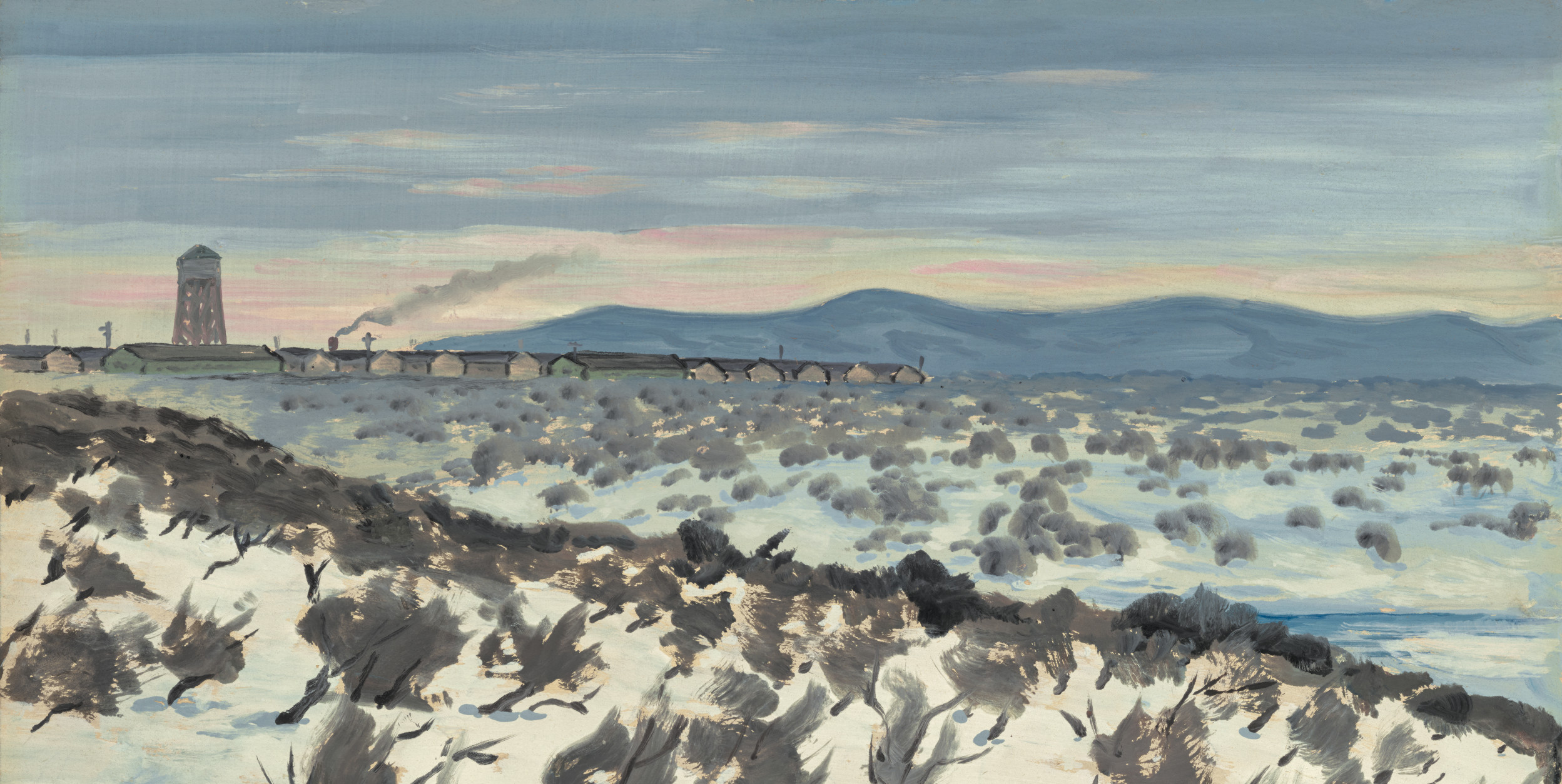
Book Review: Kenjiro Nomura, American Modernist
Densho Content Director Brian Niiya reviews Kenjiro Nomura, American Modernist: An Issei Artist’s Journey, a beautifully illustrated exhibition companion book and biography that completes Barbara Johns’ invaluable trilogy on major…
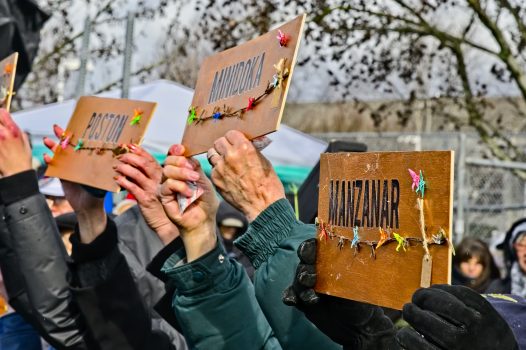
Join Us at These Day of Remembrance Events to Remember, Reflect & Resist
Since the late 1970s, Japanese Americans across the country have held an annual Day of Remembrance on the anniversary of Executive Order 9066, to honor the memory of those imprisoned…
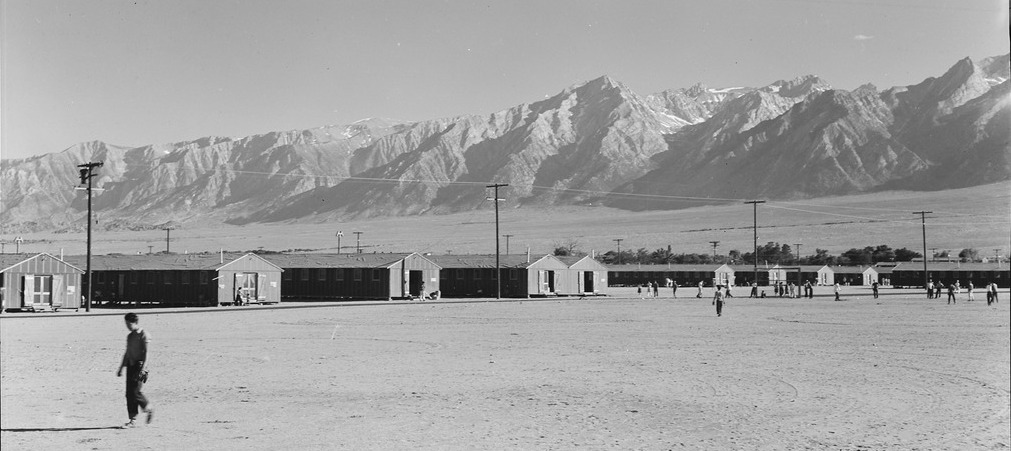
Tom Ikeda: My Retirement from Densho
After 26 years at the helm of Densho as the organization’s founding executive director, Tom Ikeda is announcing his pending retirement. Read a message from Tom below—and join us for…
